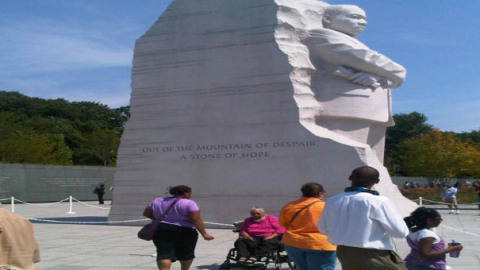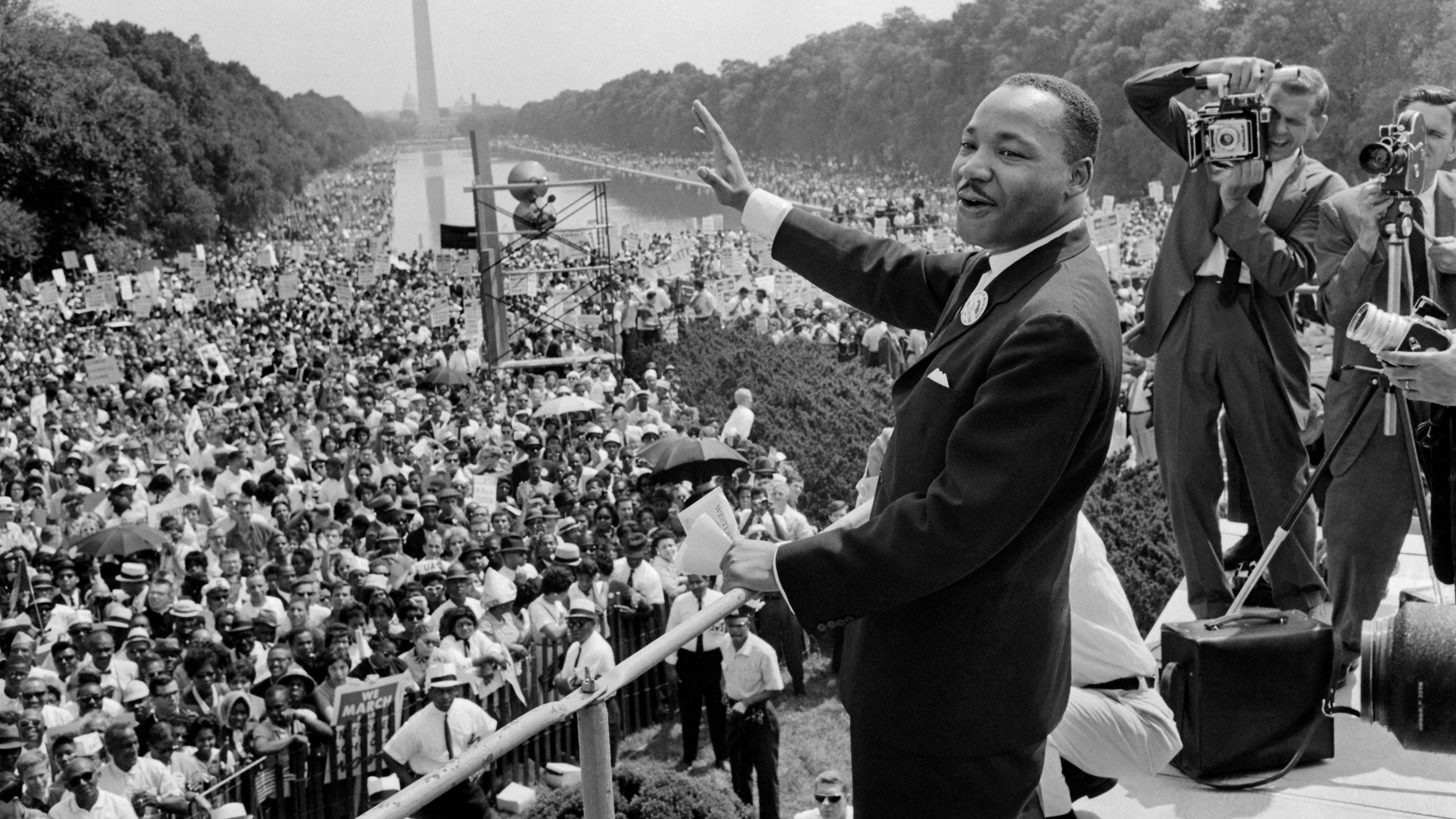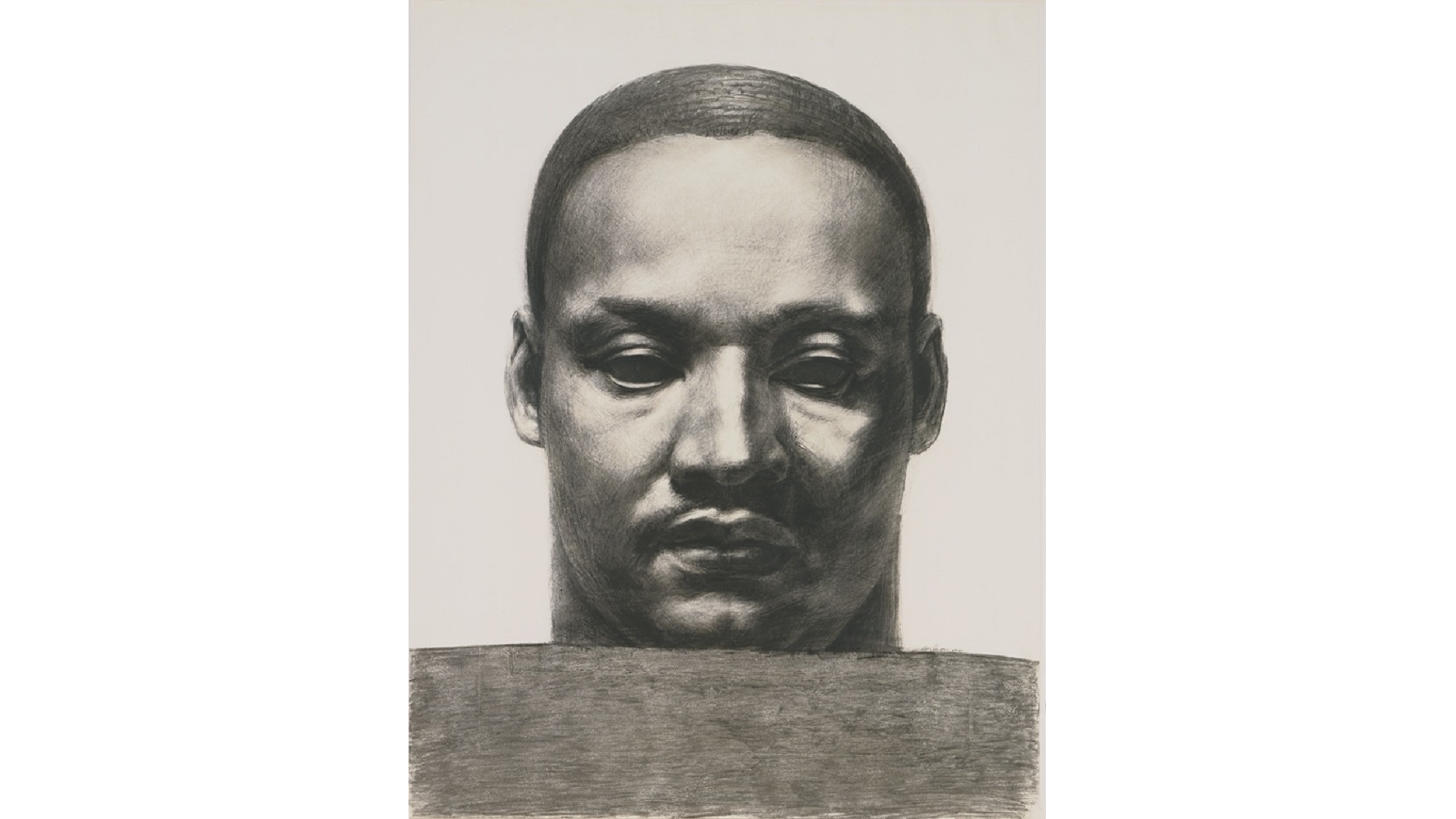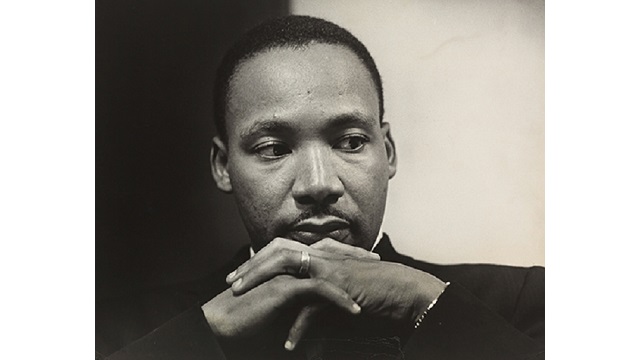Silver Lining In King Memorial Dedication Delay

Maybe the silver lining in the postponement of the King Memorial Dedication ceremony is the time it gives us to appreciate just how dangerous it was to be a civil rights leader in the 50’s and 60’s. Because it is easy now for us to revere Dr. Martin Luther King Jr. long after his death. Easy now for us to cheer and shout and march safely down the main thoroughfares of our nation’s southernmost cities with impunity, some of the same streets Dr. King himself walked down as if every step might be his last.
“..the sharp, acrid stench of fear had been omnipresent then, a musk that could not be cleaned from the crotches and armpits of the men’s suits, nor their hatbands and shirt collars; neither from the women’s blouses and skirts, or their bra straps and girdles…”
It is easy now for some of our black college professors to call for a revolution from the comfort of a lectern on a college campus, or the op-ed page of a major newspaper. But it was hard, so very difficult, for a young Southern Baptist minister to lead a movement that forced the rest of America to grudgingly recognize in its African American citizens the full measure of our humanity.
“…pungent odor that had been birthed in slave ships, a raw stench that had been marinated in slave pens — it was the same foul, fetid scent that had permeated the Jim Crow South, an earthy, glandular excretion that soap and water could never fully rinse away…”
For a man who had no idea of the path his life would take, Martin Luther King Jr. was awfully well-prepared for the journey. In the years since King’s murder, he has gone from being one of the nation’s most controversial figures in both the black and the white community to one of America’s revered cultural icons. The sound of King’s deep, sonorous baritone exclaiming “I have a dream…” is one of the most recognized phrases in the world.
“…the smell of burnt gunpowder and wet cotton, the taste of cold fried chicken and cheap lipstick, the sounds of grown men weeping, of heavy wood hitting dark flesh, of rifles cocking and dogs snarling, tired bodies jumbled together in church buses and auto caravans, always dressed in their best clothes…”
Indentured servitude, slavery, segregation, integration—now Black America 5.0 is upon us, but even as it includes all of these things, it is bound by none of them. Collaboration is the last mile, the final steps in this journey to be equally accepted into all aspects of American life. Black America 5.0 will be tricky—there are going to be times, in fact, when we will wonder where we end and the rest of the world begins.
“You must not become morbidly absorbed in a past mistake but you must seek to outlive it by creative living in the future.”
Martin Luther King, Jr.
All excerpts are from my book Daddymomma





